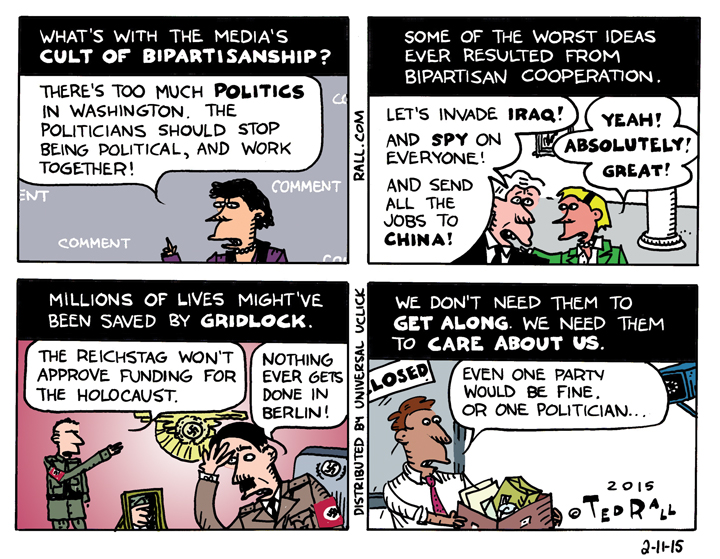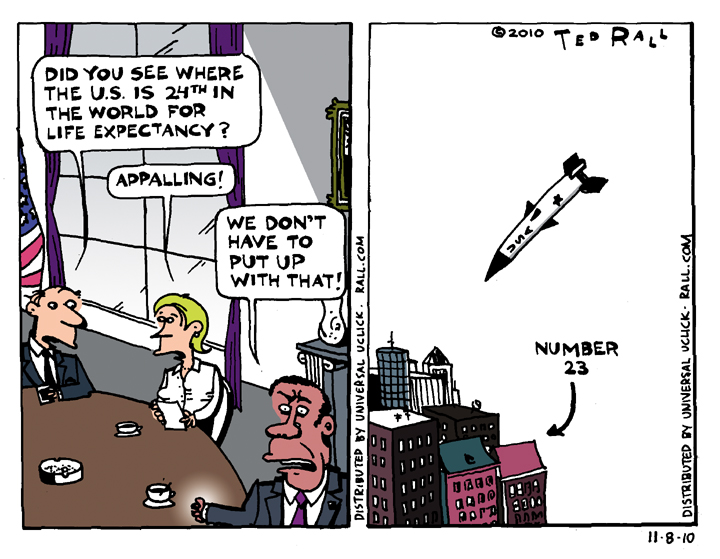 “In his first rally since losing the election last month, President Trump continued to spout conspiracy theories about voter fraud, falsely claiming that he had defeated President-elect Joe Biden.” That was the lede of a news story in the December 5thWashington Post.
“In his first rally since losing the election last month, President Trump continued to spout conspiracy theories about voter fraud, falsely claiming that he had defeated President-elect Joe Biden.” That was the lede of a news story in the December 5thWashington Post.
The Associated Press took a similar tack. “President Donald Trump flooded his first postelection political rally with debunked conspiracy theories and audacious falsehoods Saturday as he claimed victory in an election he decisively lost,” began the wire service’s coverage.
You’ll find similarly opinionated news coverage about Donald Trump in almost every issue of many major newspapers over the last several years. It’s easy to see why many of the president’s supporters don’t trust the mainstream news media to be fair to conservatives.
You may long for a return to the days when too many reporters played the role of government stenographers, striving for a neutral tone while dutifully regurgitating the most ridiculous nonsense spewing out of the maws of official propagandists. Not me. Busy news consumers rely on journalists to frame and explain current events, not just reorganize press releases. Skepticism of presidents and labeling of their obvious lies is long overdue.
From Obama’s “if you like your healthcare plan, you can keep it” to Dick Cheney’s “there is no doubt that Saddam Hussein now has weapons of mass destruction,” the public would have benefited from news accounts that emphasized that these claims not only were not true but could not be true. As reporters knew, Obamacare was structured in a way that made it impossible for many pre-existing health insurance plans to remain financially viable within the system. There is always doubt in the military intelligence business. The credulous tone of this reporting enabled the mass misleading of the American people. Hundreds of thousands of Iraqis died as a result.
So when it comes to Trump, better late than never. But will journalists’ newfound courage survive into the Biden years? Early indications are discouraging.
Throughout the general election campaign journalists were unduly solicitous as the Democratic nominee generally shunned one-on-one interviews with major news organizations. In July, Biden only granted ten TV interviews, nine of which were with local outlets. Despite being the oldest major party candidate ever to run for president and repeated stumbles and verbal slips on the campaign trail, he faced few questions about his physical health or mental acuity. Liberal-leaning journalists largely dismissed Hunter Biden’s fiscal adventures in Ukraine as the product of the fevered imagination of far-right conspiracy theorists; Twitter and Facebook even censored a New York Post story about it. Now that a federal investigation into his taxes has been announced, Hunter is clearly a legitimate line of inquiry. Yet the issue is still not getting much coverage.
Accounts of Biden’s cabinet choices appear to harken a return to the stenographer days. Many praise the president-elect’s effort to increase “diversity” in a cabinet Democrats say will “look like America” while ignoring one type of diversity: ideological. Though Biden’s top advisers will include many women and some people of color, there is no indication that a single progressive will be in the room while he decides the fate of the nation.
Stories about Pete Buttigieg’s nomination as secretary of transportation bury the elephant in the room. “President-elect Joe Biden will nominate former Democratic presidential candidate Pete Buttigieg to be Transportation secretary…” Politico began its story. “Buttigieg’s ascension to the top spot at DOT marks the culmination of a meteoric rise in politics over the last two years from the mayor of South Bend, Ind., to the first openly gay Cabinet secretary, if he is confirmed.” A reference to Buttigieg’s “thin transportation policy resume” appears in paragraph five.
Had the story been about Trump’s cabinet pick, it likely would have begun something like: “Overlooking experienced transit experts, President-elect Joe Biden instead turned to a young loyalist who helped hand him the nomination, former South Bend, Ind. mayor Pete Buttigieg, to head the transportation department. South Bend, a city of 100,000, has a fleet of 60 buses.” Tone matters.
All presidents lie. Biden lies too, as when he denied voting for the Hyde amendment during a primary debate. One hopes that the media will treat him harshly when he does it again, both to be consistent with the more strident scrutiny they have directed at Trump the last four years and to better serve their readers and viewers. But it doesn’t look likely.
(Ted Rall (Twitter: @tedrall), the political cartoonist, columnist and graphic novelist, is the author of “Political Suicide: The Fight for the Soul of the Democratic Party.” You can support Ted’s hard-hitting political cartoons and columns and see his work first by sponsoring his work on Patreon.)

 You’ve heard it so often that you may well believe it’s true: Trump’s second term would be a disaster. For the Democratic Party. For the United States. For democracy itself. “The reelection of Donald Trump,” warns Nancy Pelosi, “would do irreparable damage to the United States.”
You’ve heard it so often that you may well believe it’s true: Trump’s second term would be a disaster. For the Democratic Party. For the United States. For democracy itself. “The reelection of Donald Trump,” warns Nancy Pelosi, “would do irreparable damage to the United States.” Whereas Bush and Republican party operatives created a private domain,
Whereas Bush and Republican party operatives created a private domain, 

